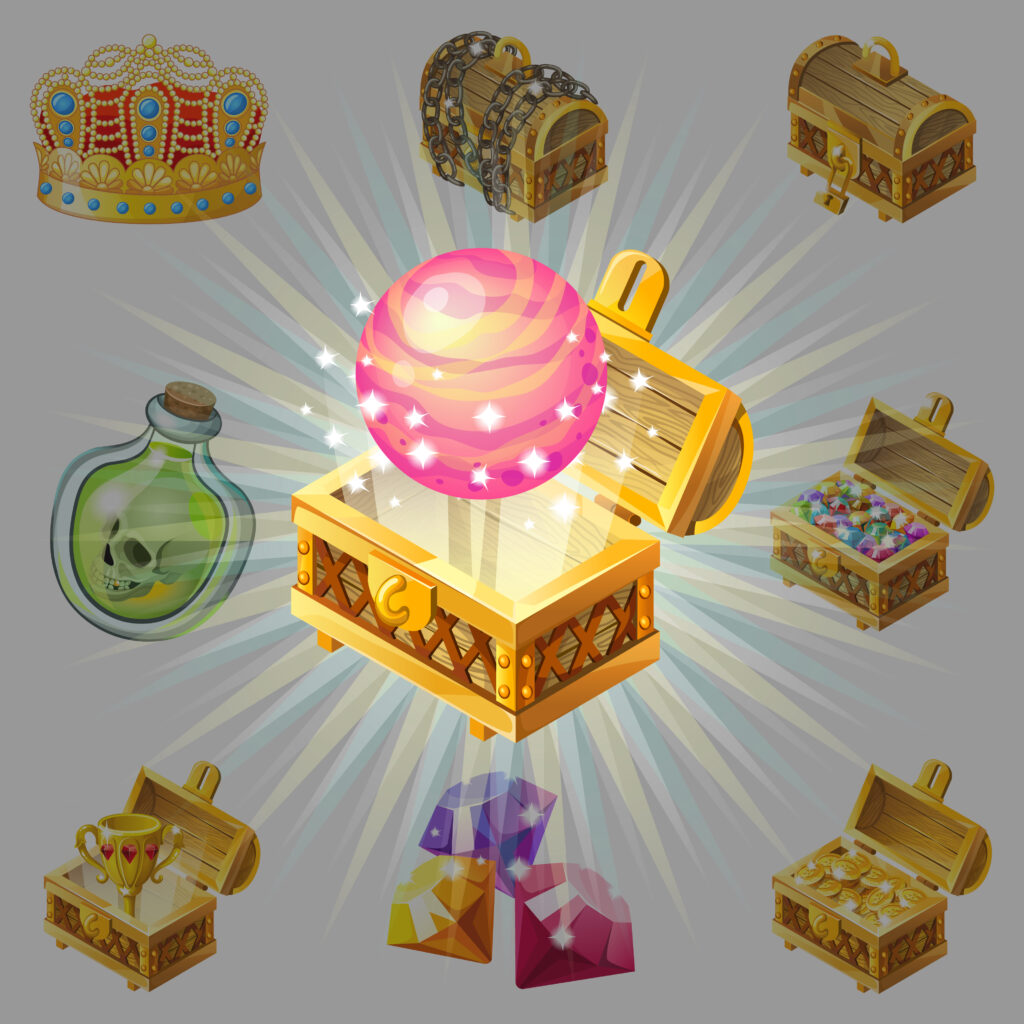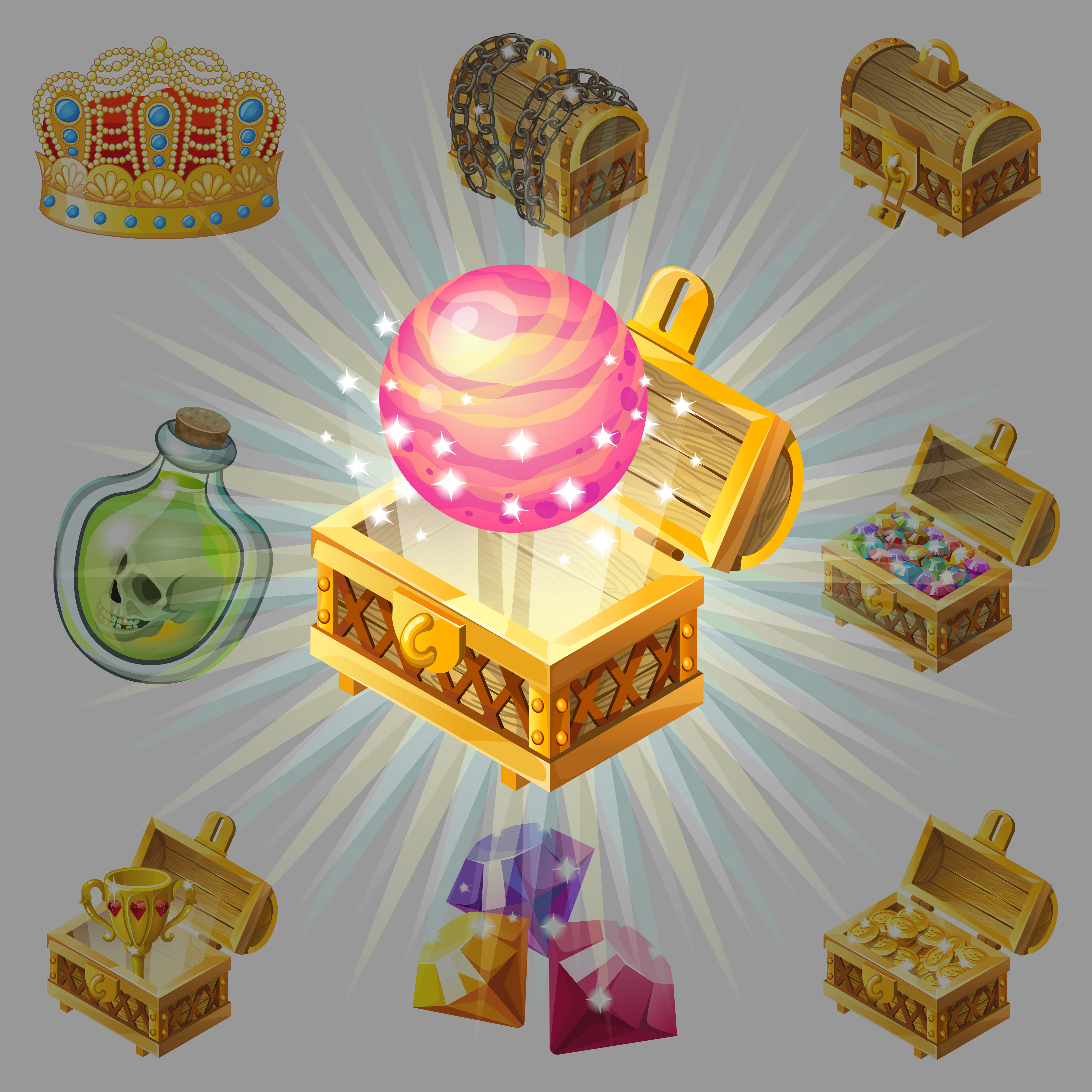In the dynamic world of gaming, the term “Gacha Addiction” has emerged as a significant concern among players. The allure of Gacha games, with their tantalizing randomness and the promise of rare rewards, can sometimes transcend from a leisurely hobby into a potentially compulsive behavior. In this article, we’ll explore the phenomenon of Gacha Addiction, shedding light on its characteristics, potential consequences, and strategies for maintaining a healthy gaming balance.

Understanding Gacha Addiction
Gacha Addiction is characterized by a compulsive and often excessive engagement with Gacha games, driven by the desire to acquire rare or coveted in-game items. This behavior can manifest in various ways, including:
Excessive Spending: Gacha Addiction often involves spending significant amounts of real money on in-game currency to fund pulls in pursuit of rare items or characters.
Obsessive Pulling: Players may find themselves repeatedly engaging in Gacha pulls, even when it interferes with other aspects of their lives. The constant pursuit of the next big draw becomes a primary focus.
Neglect of Real-life Responsibilities: Compulsive gaming can lead to neglect of real-life responsibilities, such as work, relationships, or self-care. Gacha Addiction may interfere with daily activities and routines.
Emotional Distress: Players experiencing Gacha Addiction may feel intense emotions, including frustration, disappointment, or anxiety, particularly when pulls do not yield desired results.
Isolation: Gacha Addiction may lead to social isolation as players prioritize gaming over social interactions. The virtual world of Gacha games becomes a refuge from real-life challenges.
Recognizing the Signs
Identifying the signs of Gacha Addiction is crucial for both players and those around them. Some common indicators include:
Increased Spending: A sudden and significant increase in spending on in-app purchases, especially for Gacha pulls, is a red flag.
Loss of Control: Difficulty in controlling the frequency and duration of gaming sessions, even when it negatively impacts other aspects of life.
Preoccupation with Pulls: Constantly thinking about or planning Gacha pulls, to the detriment of other responsibilities or activities.
Emotional Distress: Intense emotional reactions, such as anger, sadness, or frustration, when pulls do not meet expectations.
Escapism: Using Gacha gaming as a means of escaping real-life challenges, leading to a preference for the virtual world over reality.
Social Withdrawal: A decline in social interactions or neglect of relationships due to an excessive focus on Gacha gaming.
Potential Consequences of Gacha Addiction
Gacha Addiction can have various consequences, affecting different aspects of a player’s life:
Financial Strain: Excessive spending on in-app purchases can lead to financial strain, impacting a player’s budget and overall financial well-being.
Impaired Relationships: Neglecting real-life relationships in favor of gaming may strain relationships with family, friends, and colleagues.
Work or Academic Issues: Compulsive gaming can result in reduced productivity, missed deadlines, or neglect of work or academic responsibilities.
Physical Health: Extended gaming sessions may contribute to sedentary behavior, lack of physical activity, and potential health issues.
Emotional Well-being: The emotional rollercoaster of highs and lows associated with Gacha pulls can impact mental health, contributing to stress, anxiety, or depression.
Strategies for Managing Gacha Addiction
If you or someone you know is struggling with Gacha Addiction, there are several strategies to promote a healthier gaming relationship:
Set Spending Limits: Establish clear and realistic spending limits for in-app purchases. Many games provide tools to set spending restrictions, helping players stay within budget.
Create a Schedule: Define specific times for gaming activities to avoid excessive and impulsive gameplay. Establish a healthy balance between gaming and other responsibilities.
Seek Support: If Gacha gaming is negatively impacting your life, consider seeking support from friends, family, or mental health professionals. Discussing your concerns openly can be a crucial first step.
Take Breaks: Periodically take breaks from Gacha gaming to assess its impact on your life. Use this time to engage in other activities, fostering a more balanced lifestyle.
Diversify Interests: Cultivate a range of hobbies and interests beyond gaming. This diversification can reduce the exclusive focus on Gacha pulls and contribute to a more fulfilling life.
Join Gaming Communities: Engage with gaming communities that foster a healthy perspective on Gacha gaming. Sharing experiences and tips with others can provide valuable insights.
Use Parental Controls: If Gacha gaming is a concern for younger players, parents can utilize parental controls and restrictions to manage in-app purchases and screen time.
Conclusion
Gacha gaming, when enjoyed responsibly, can be a thrilling and entertaining experience. However, it’s essential to recognize the fine line between passion and compulsion. Gacha Addiction, with its potential financial, social, and emotional consequences, warrants attention and proactive management.
By understanding the signs, acknowledging the potential risks, and implementing strategies for responsible gaming, players can navigate the world of Gacha with a healthy balance. Remember that seeking support and maintaining open communication are crucial steps towards fostering a positive gaming experience. Ultimately, gaming should enhance, not detract from, the overall quality of life.
Related Articles:
1. Addiction and Spending in Gacha Games
2. The Gacha Game Trap: Having Fun Without Getting Hooked
3. The Relationship between Gacha Game Addiction …




